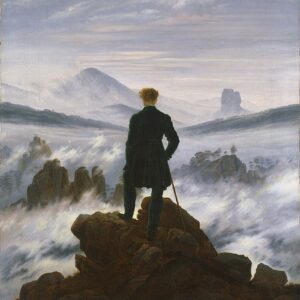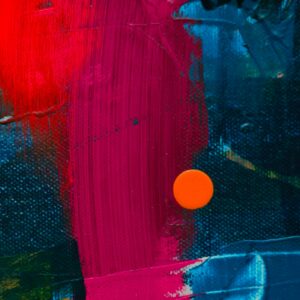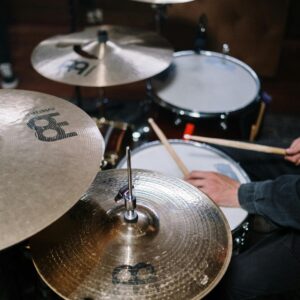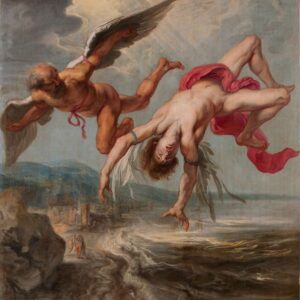TMI's Learning Method:
What's it like to learn at TMI? Our courses promote shared inquiry in small group discussions led by facilitators rather than lecturers. In our approach, learning is cooperative rather than competitive, and emerges from active participation and respectful listening. You can take individual courses that interest you, or work toward a structured bachelor of arts degree or comprehensive certificate that involve additional coursework.Our Values:
- Curiosity: We believe in an ongoing desire to learn and improve.
- Creativity: We value imaginative explorations of ideas.
- Openness: We value the exchange of ideas, and we respect all voices.
- Community: We value and cultivate a community of learners.

Bring-a-Friend Promotion for 2025-26:
Are you a returning participant? Is someone new to TMI going to take a course with you? Call us! Once your friend has registered, you will eligible to register at a discount* on selected courses. *The discounted rate offered is the New Participant rate for that course. This promotion only applies to discussion-based courses. To take advantage of this offer, you must pay by phone. This offer cannot be deferred to another person or carried over to a later date.-
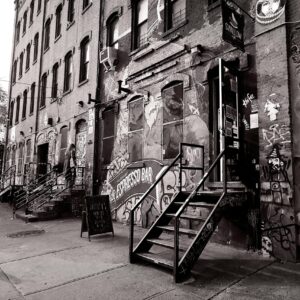
Fiction from the Underground
$200.00 Learn More -

Friendship Through Fiction and Film
$200.00 Learn More -

Hallyu: The Korean Wave in Literature and Drama
$200.00 Learn More -
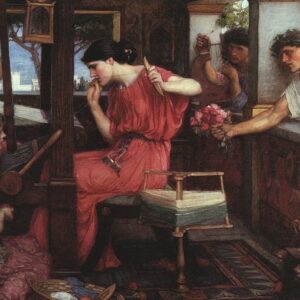
Queens, Servants & Sorceresses: Classical Myths Retold
$200.00 Learn More -
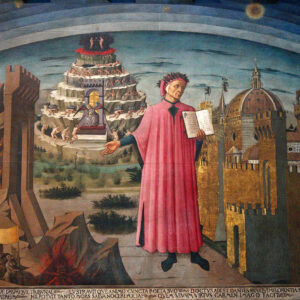
Reading Dante’s Divine Comedy: Love as Mover
$200.00 Learn More -
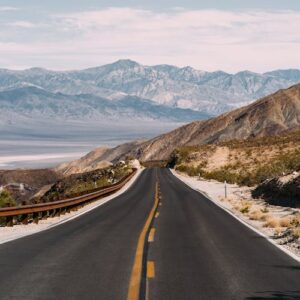
Reading Zen and the Art of Motorcycle Maintenance
$200.00 Learn More -

The Spirit of Inquiry: 80 Years of Learning at the Thomas More Institute
$155.00 Learn More
-

Beaconsfield
$30.00 Learn More -

Contactivity Centre, Westmount
$30.00 Learn More -

Dawson Boys and Girls Club
$30.00 Learn More -

Maison Desaulniers
$30.00 Learn More -

Manoir Westmount
$30.00 Learn More -

Maxwell Residence
$30.00 Learn More -

Online Group
$30.00 Learn More -

Place Kensington
$30.00 Learn More -

Saint Bruno
$30.00 Learn More -

Saint Patrick Square
$30.00 Learn More -

Stephen Shaar Community Centre / Hudson
$30.00 Learn More -

Trinity Community Centre
$40.00 Learn More
